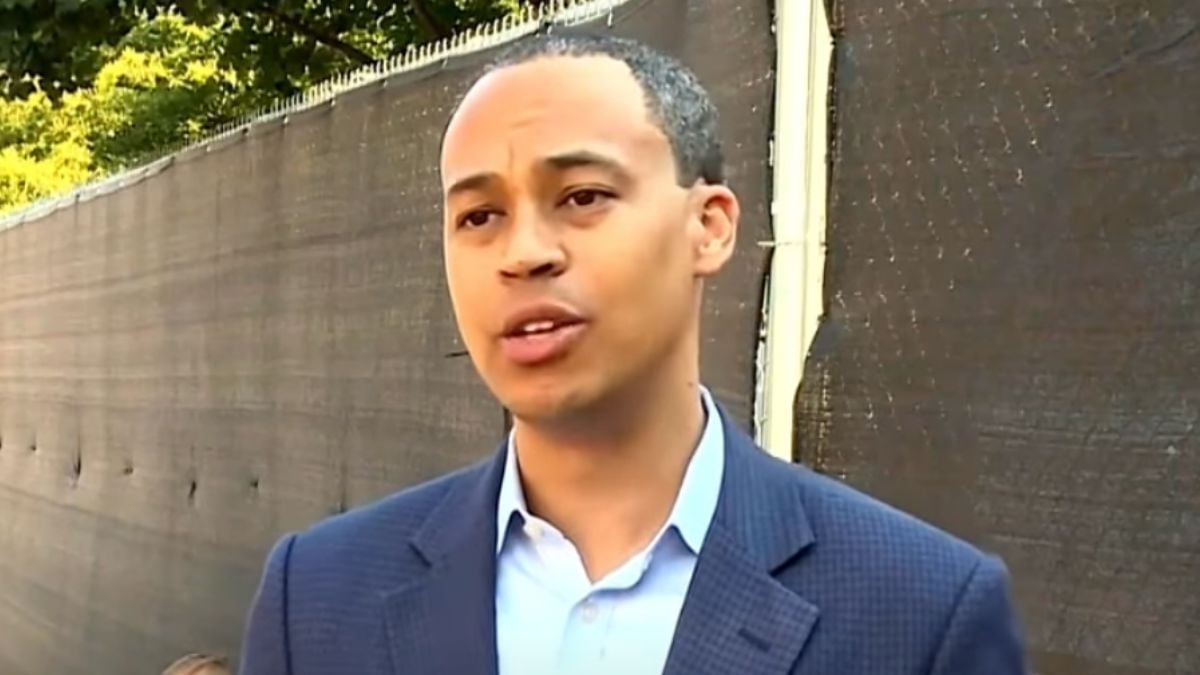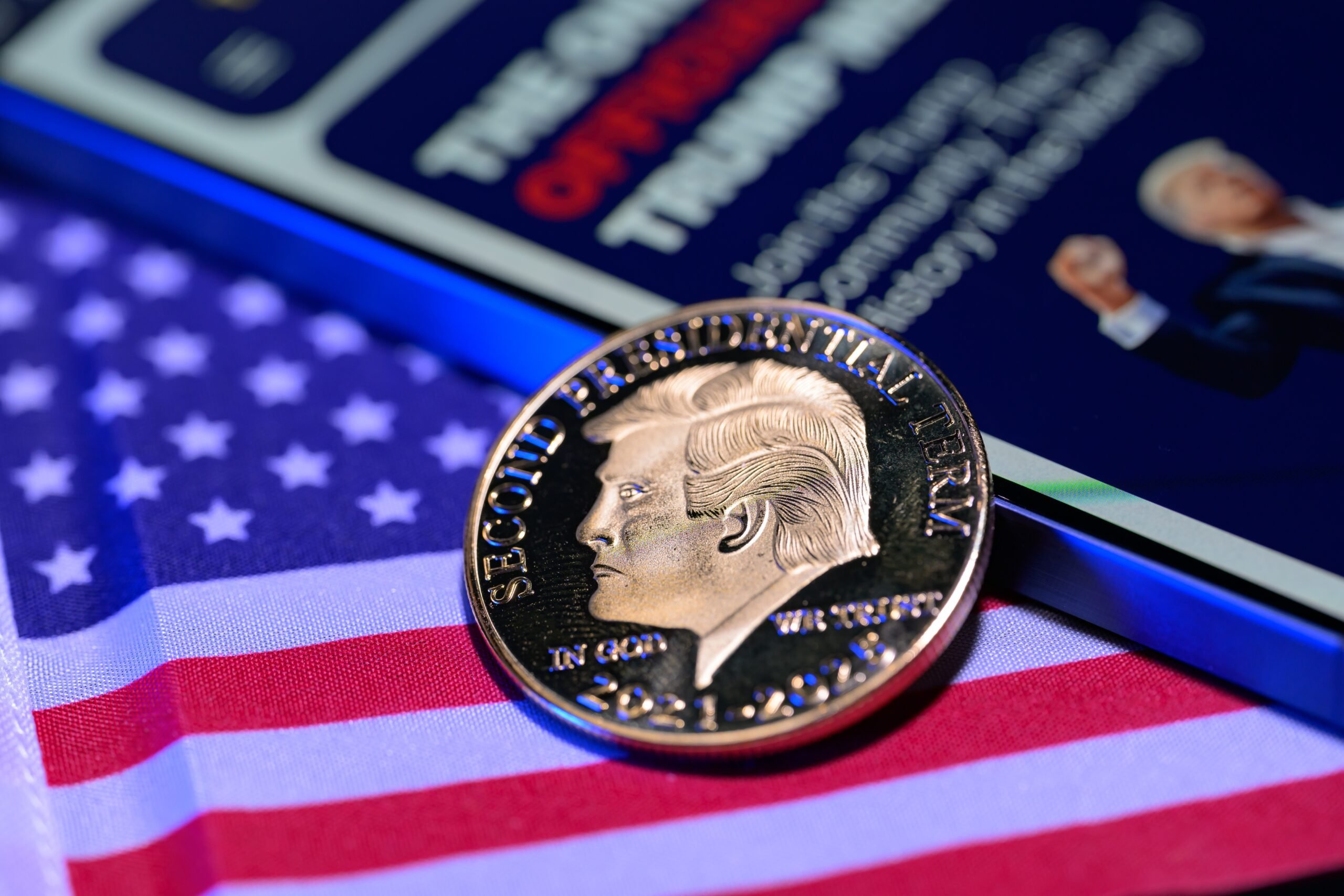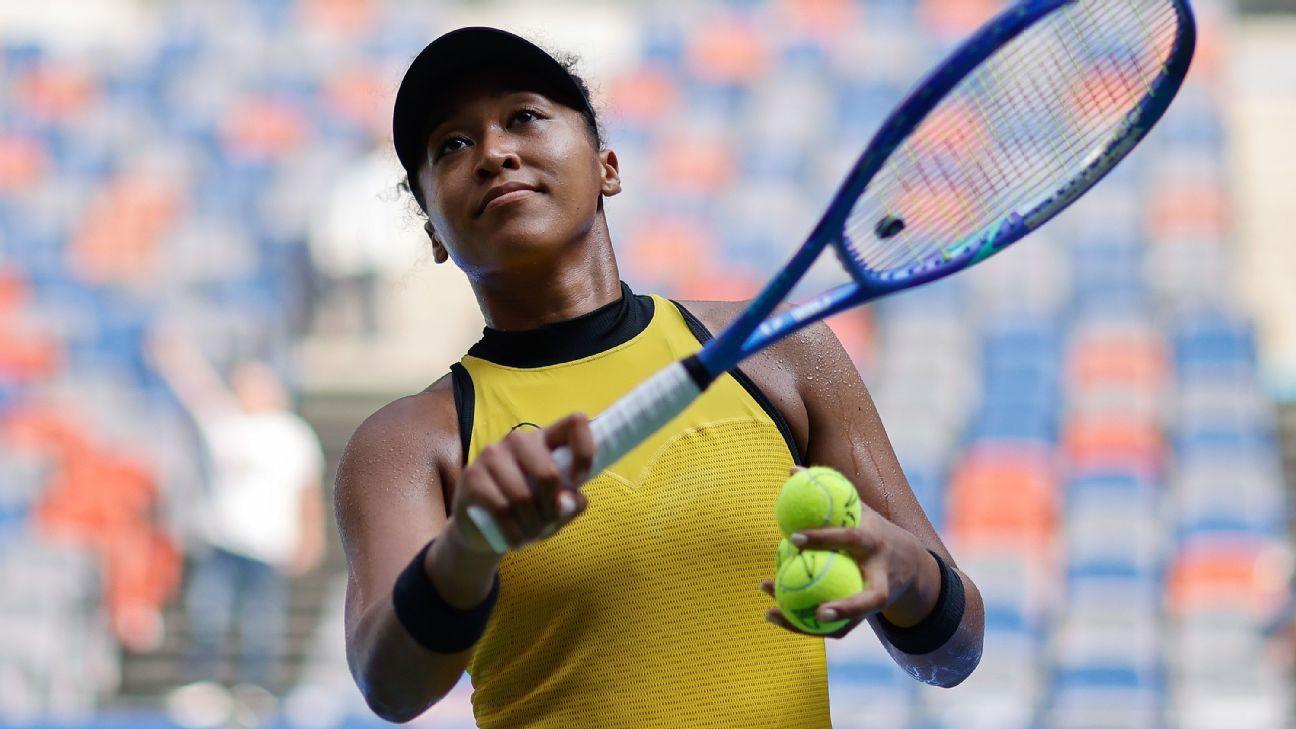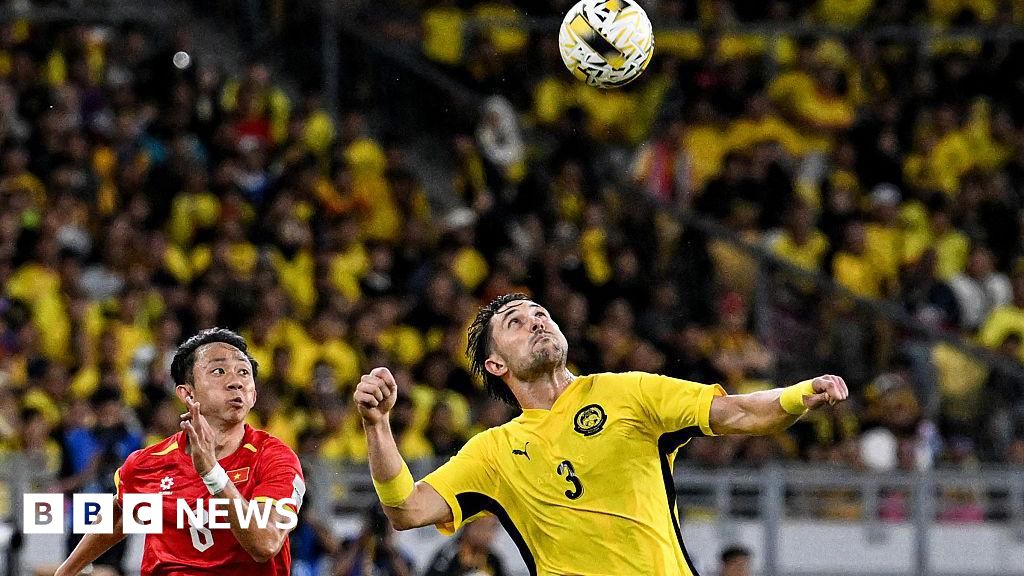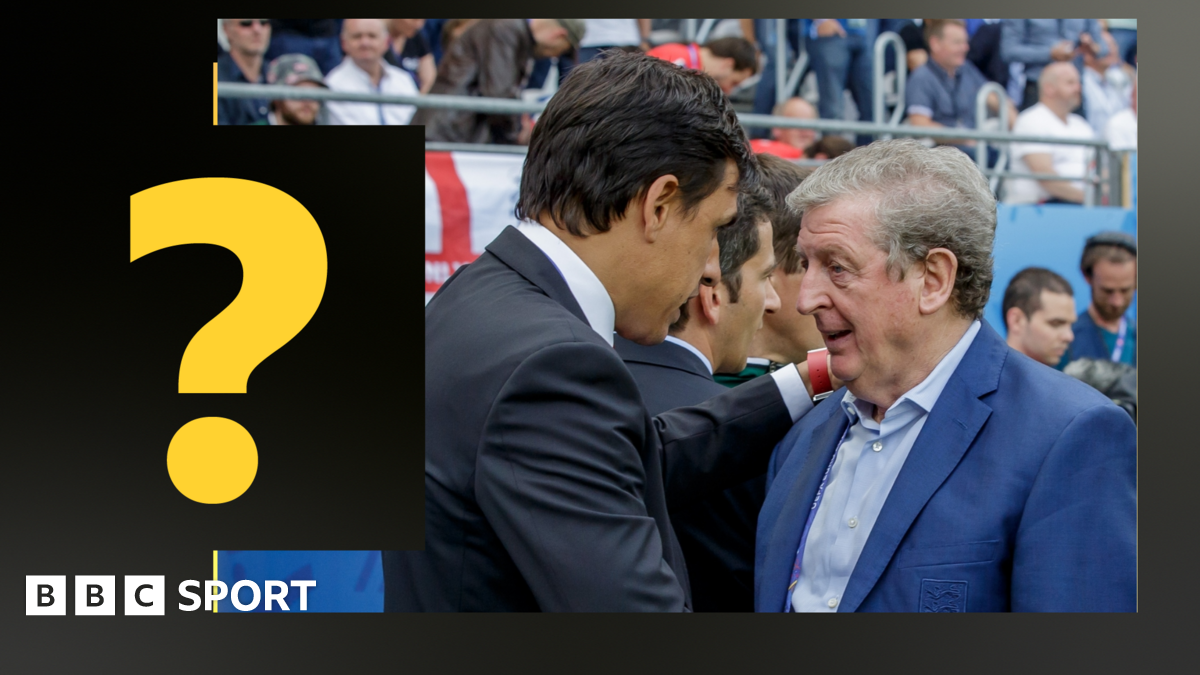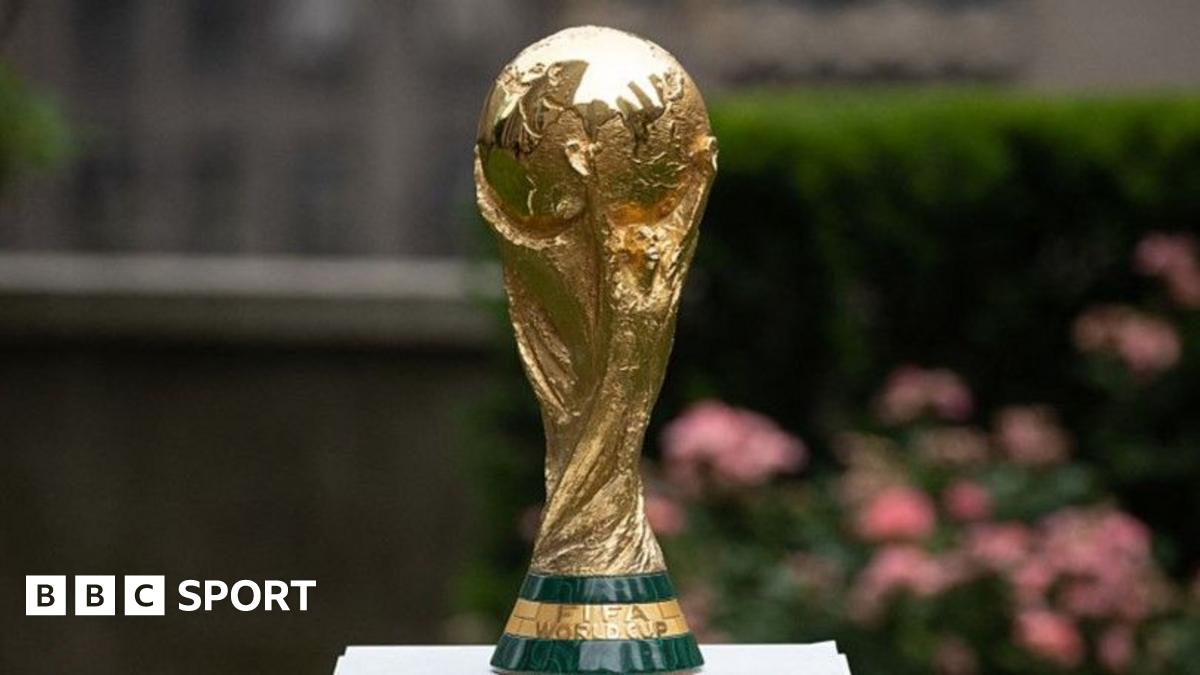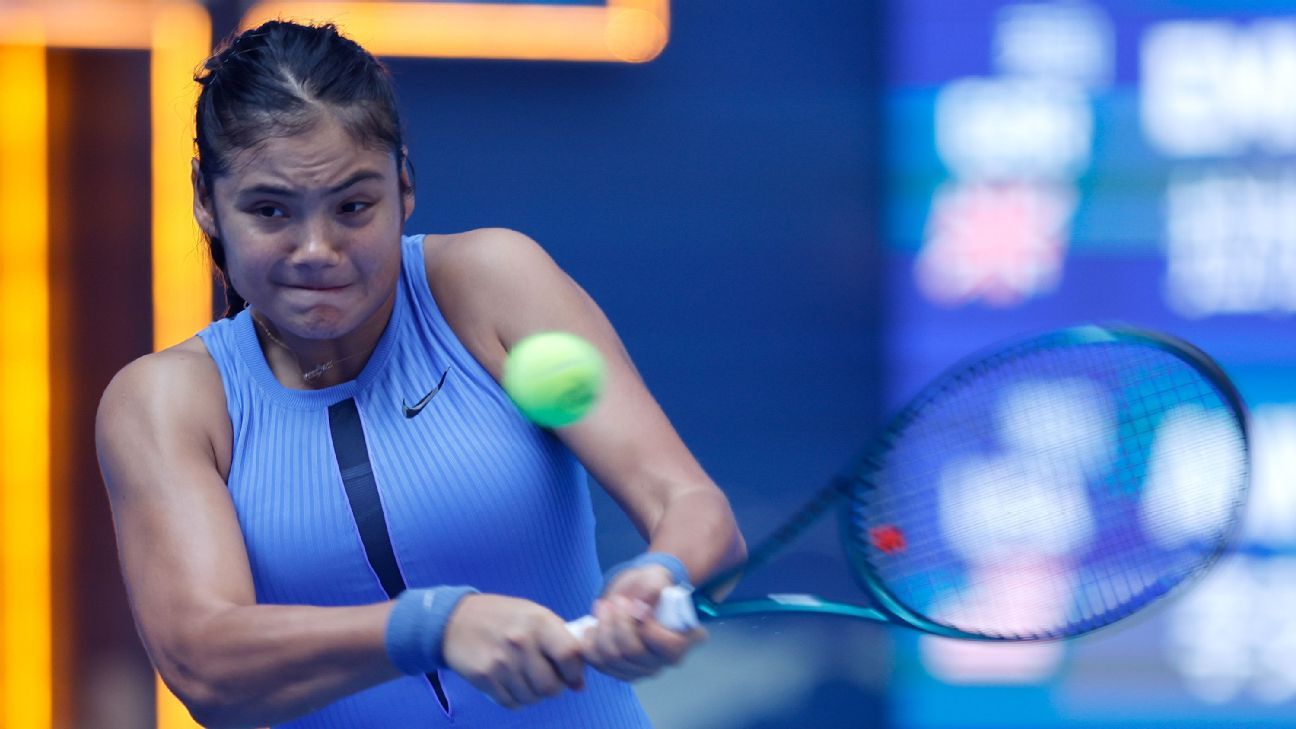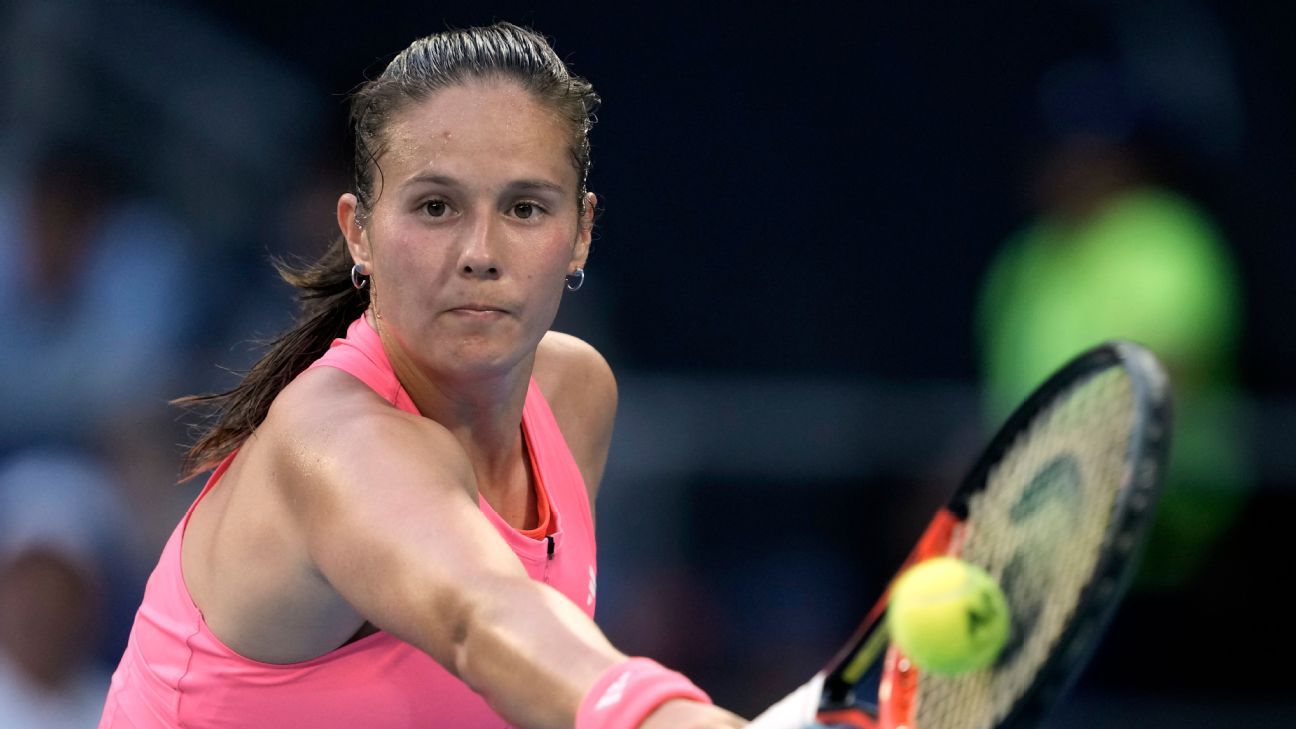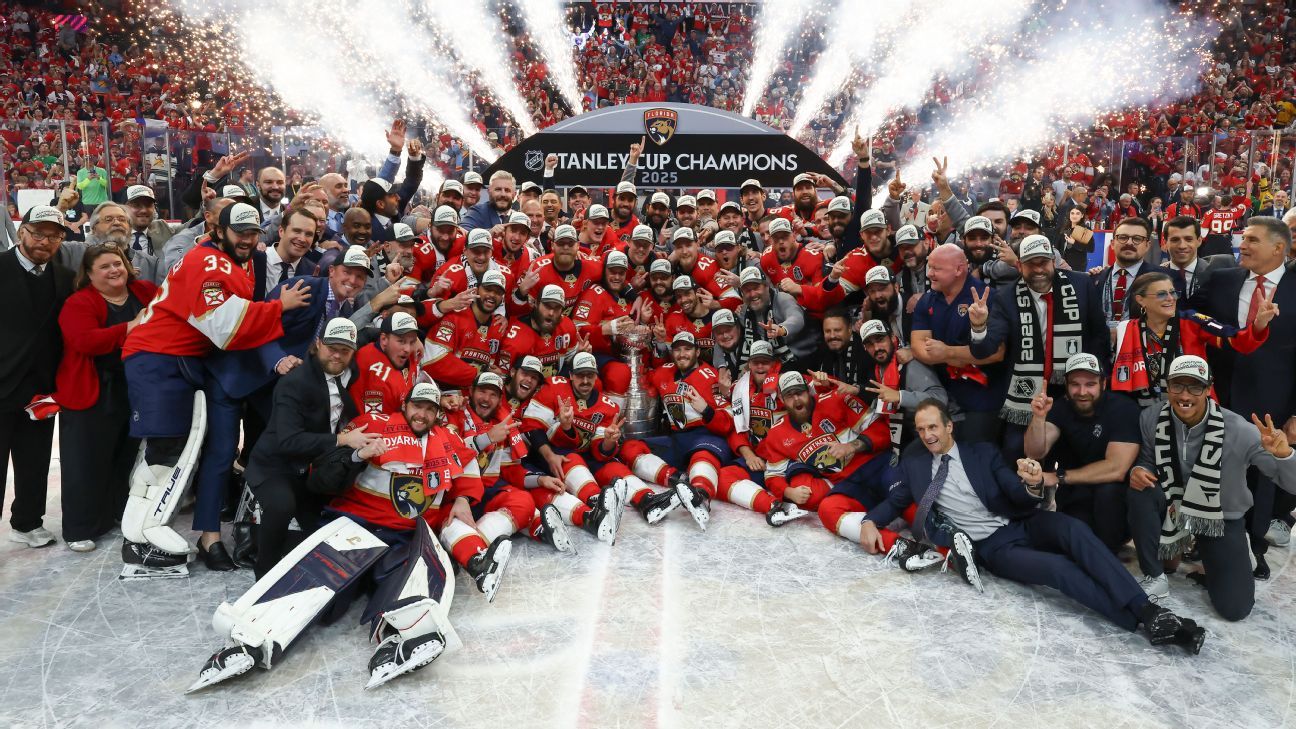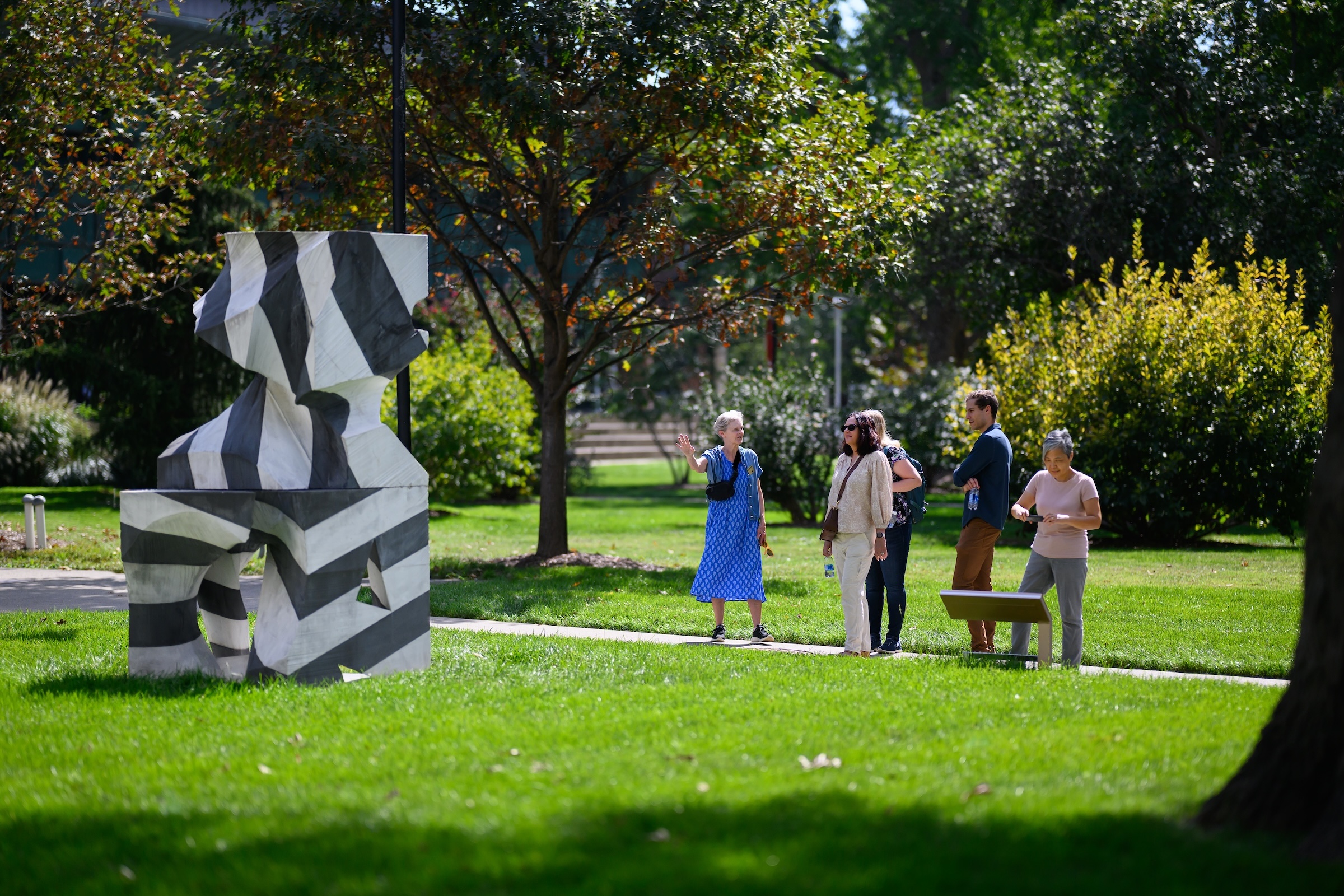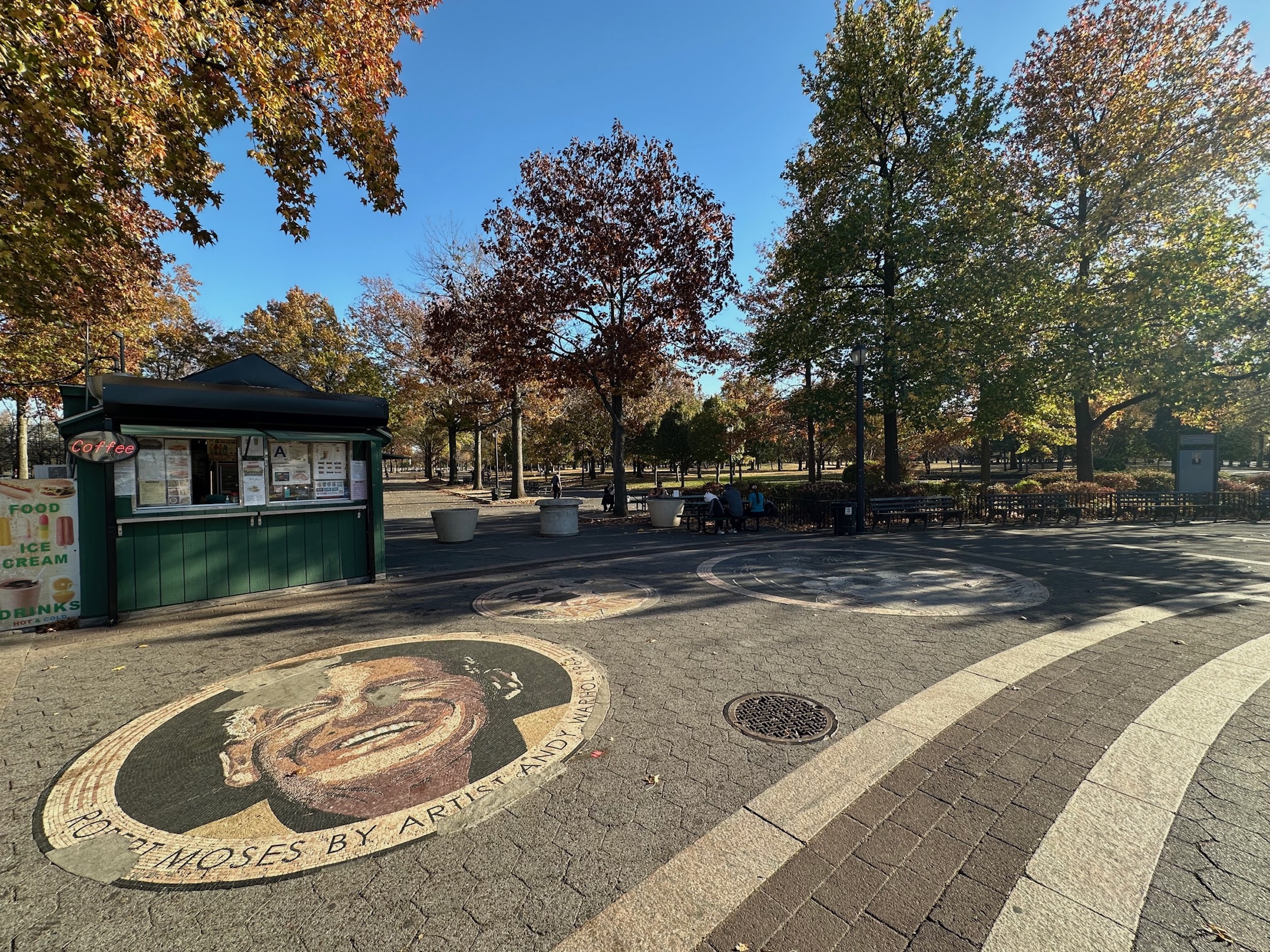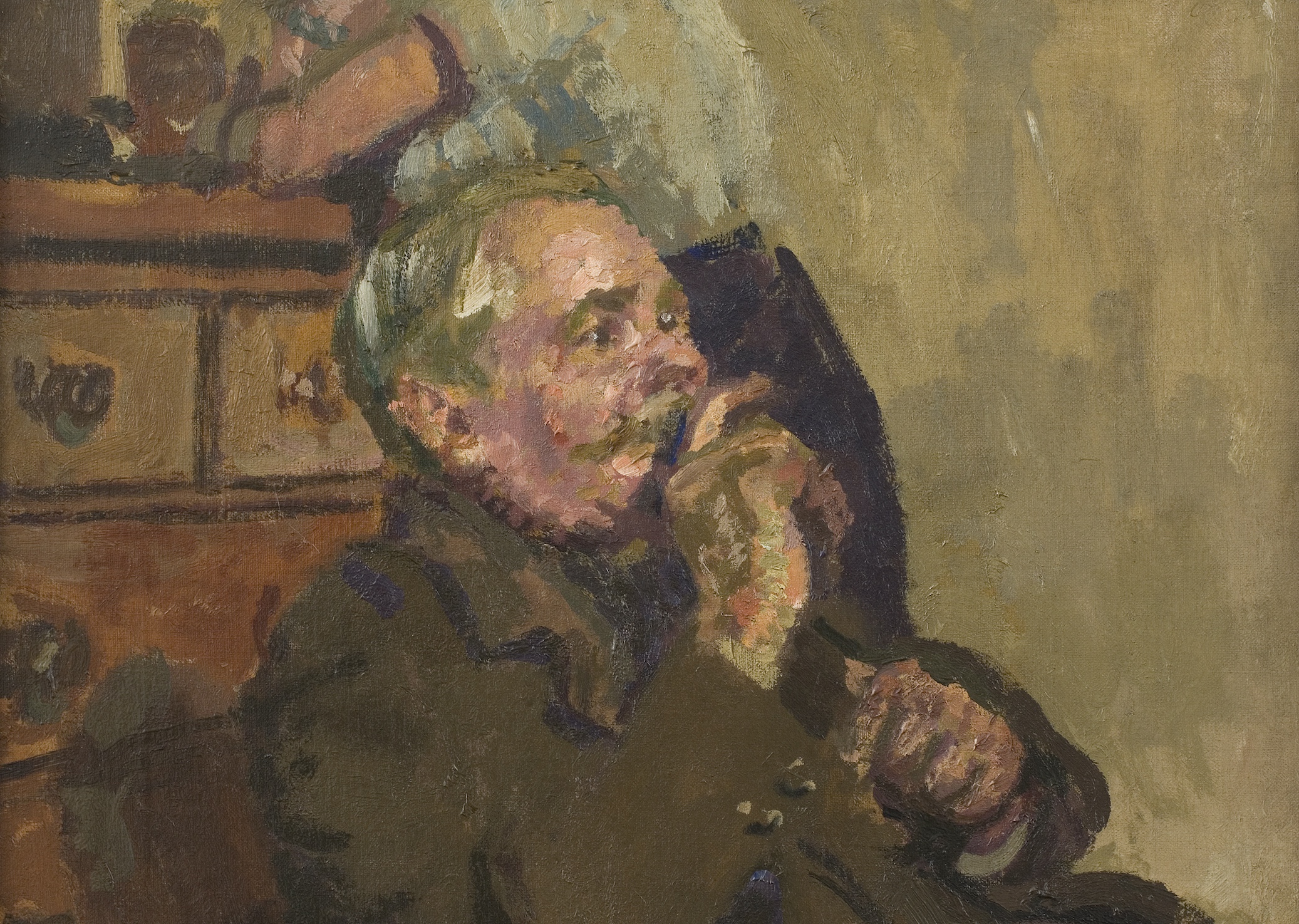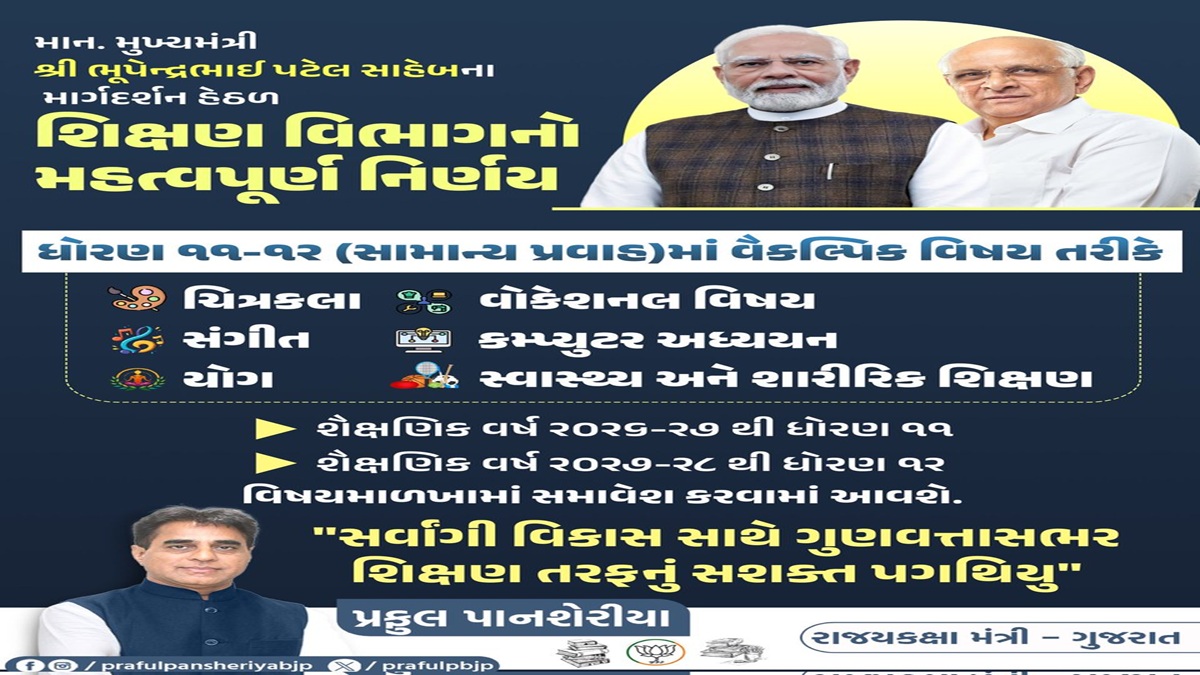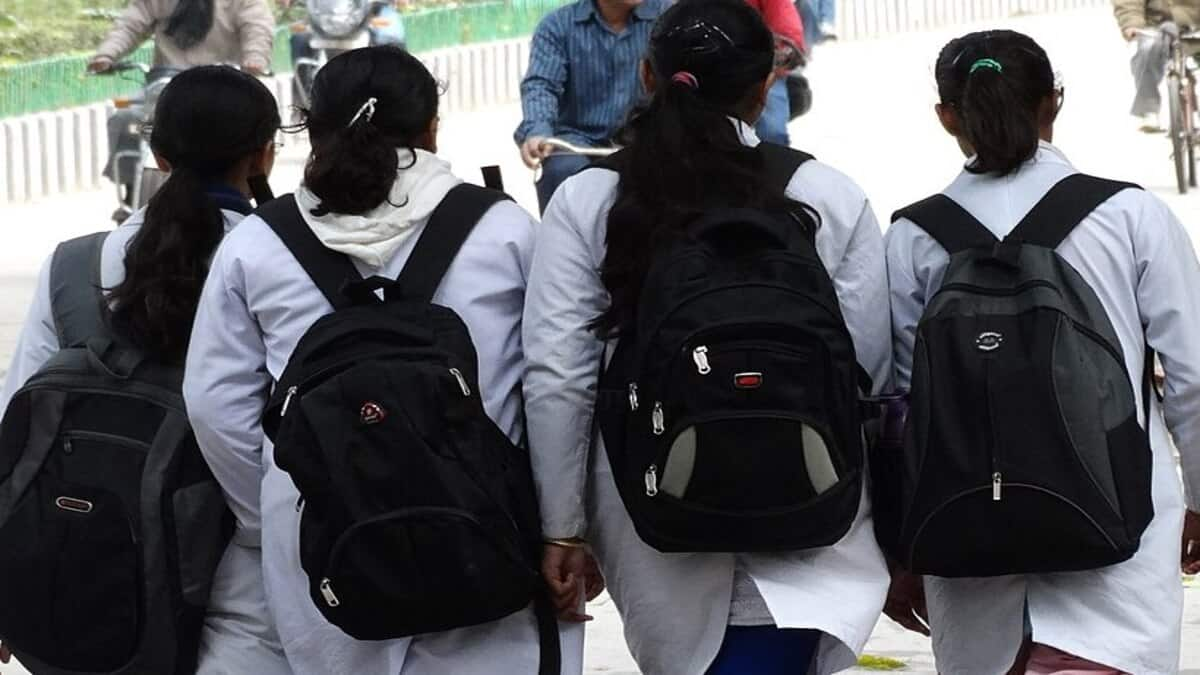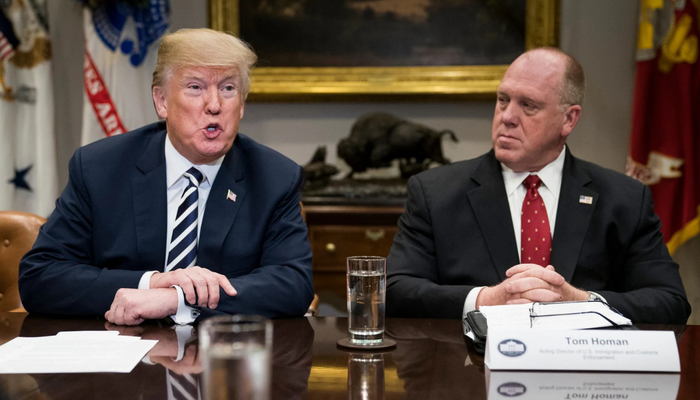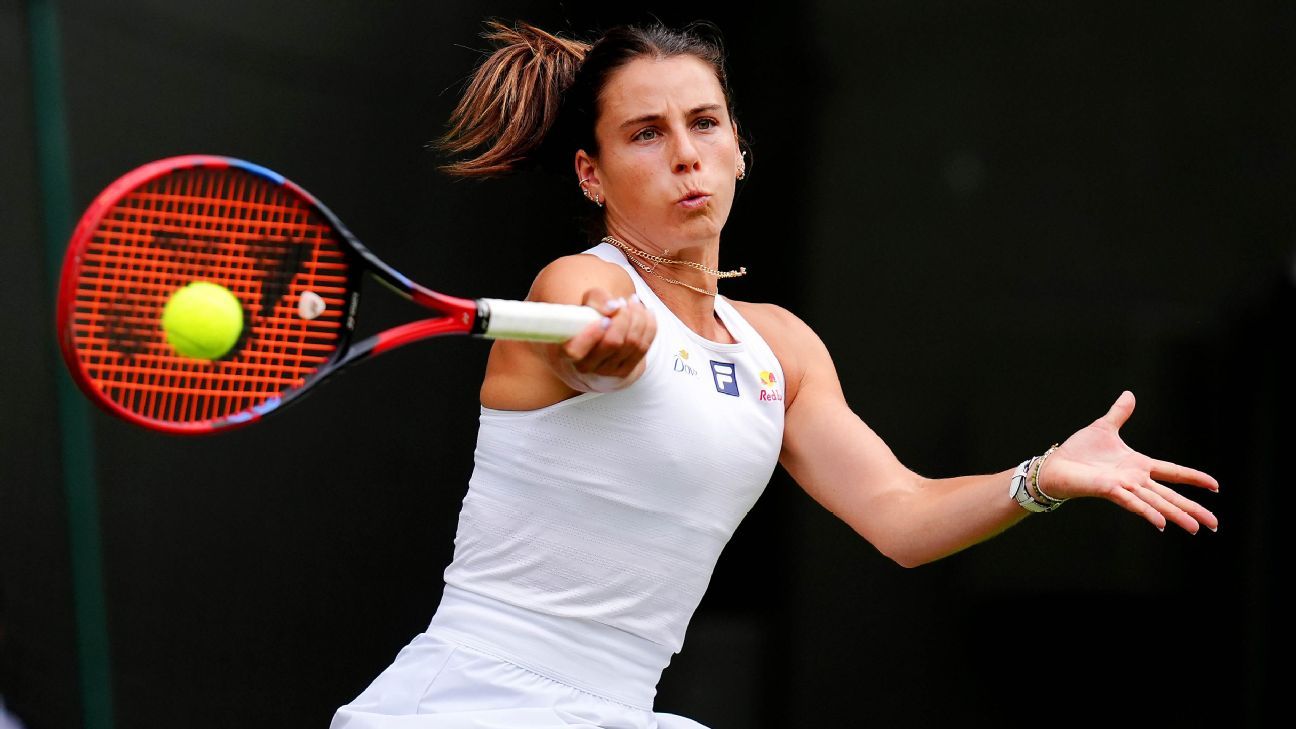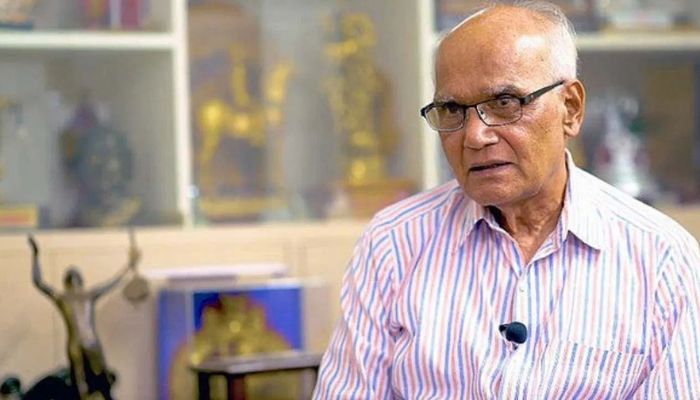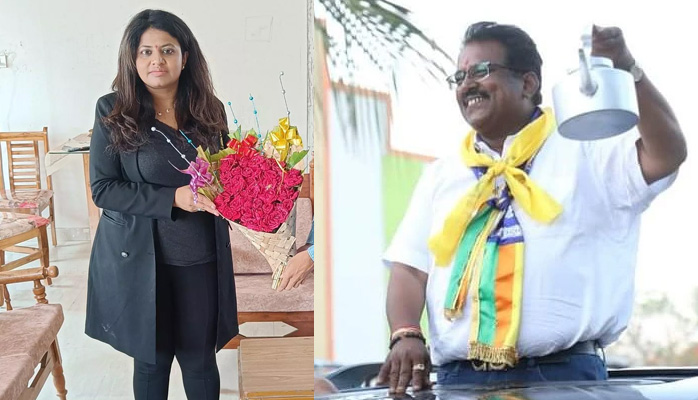The Streisand effect, not largesse of heart: Why CJI Gavai did not press charges against the lawyer who tried to hurl a shoe at him for his anti-Hindu statement
On the 6th of October 2025, a 71-year-old lawyer, Rakesh Kishor, attempted to hurl a shoe at the Chief Justice of India, BR Gavai, while the court was in session. Kishor was distressed after a few days ago, BR Gavai had mocked a Hindu petitioner who had approached the court to facilitate the restoration of a beheaded Lord Vishnu idol. Dismissing the petition and asking the petitioner to approach the ASI instead, Justice Gavai exceeded his brief and mocked the petitioner, asking him to pray to Lord Vishnu instead of approaching the court. The Delhi Police questioned 71-year-old advocate Rakesh Kishore for nearly three hours after he allegedly attempted to hurl a shoe at Chief Justice of India (CJI) B.R. Gavai inside the Supreme Court. Kishore was later allowed to leave after the Supreme Court’s Registrar General refused to file a formal complaint in the matter. Reportedly, the Supreme Court at the behest of CJI Gavai refused to press charges against the advocate. Of course, this was charted by many as the largesse of the heart on the part of CJI Gavai. His statement right after the attack also framed the issue as such. After the advocate attempted to hurl a shoe at Gavai, he reportedly said in court, “Don’t get distracted by all this. We are not distracted. These things do not affect me.” The aim was to, obviously, impress upon the country that Gavai was only interested in dispensing justice and was above the outrage of the earthlings he presides upon. The aim was also to communicate how he was a man with a large heart who had the capacity to forgive even those who trespass against him. But was it the largesse of his heart that drove him to forgive the “sinner”? Or was it something else? Something deeper? To understand the possible motivation, we have to first understand how this case would play out had CJI Gavai pressed charges against Advocate Rakesh Kishor. Once the FIR would have been filed, the police would have arrested Kishor and he would have been produced before the court. He would have then been sent to either police or judicial custody. His lawyers would have applied for bail and during the hearing, the lawyer would have argued that he was hurt by the comments of CJI Gavai and his religious sentiments drove him to take this retaliatory action. Thereafter, the case would have proceeded to higher courts where the lawyer would have cited how the Supreme Court itself had cautioned judges against making untoward statements during court hearings and in one of those instances, CJI Gavai was a part of the bench. The hearing of this case itself would have opened a Pandora’s box where not only the double standards displayed by CJI Gavai, but the judicial system when it comes to whimsical interpretation of their own orders would have been discussed threadbare. The Supreme Court has in the past taken judicial notice of ‘off the cuff’ remarks in a petition filed by the Election Commission against some oral observations made by a Judge of the Madras High Court in Election Commission of India v. M.R. Vijayabhaskar, (2021) 9 SCC 770. The Court clarified that oral remarks are not a part of the official record and do not express any formal opinion and hence, cannot be expunged. The Court has highlighted that mostly such oral observations are elicitation-oriented. However, the Court relayed some apprehension about an increasing trend of Judges making caustic observations against litigants during hearings. The Supreme Court highlighted that “We must emphasize the need for Judges to exercise caution in off-the-cuff remarks in open court, which may be susceptible to misrepresentation”. The case of the Election Commission was that in the context of the Covid-19 pandemic, the oral observations of the Judge of the Madras High Court of a “murder charge” was incorrect. The Supreme Court observed, in this context, that the remarks of the High Court were “harsh” and that the metaphor was “inappropriate”. Further, Almost exactly a year ago, on the 25th of September 2024, a Supreme Court bench passed a seminal order. The Bench said, “Casual observations may well reflect a certain degree of individual bias, particularly when they are likely to be perceived as being directed against a particular gender or community. Courts therefore have to be careful not to make comments in the course of judicial proceedings which may be construed as being misogynistic or prejudicial to any segment of our society.” The bench made these observations because a judge of the Karnataka High Court had called a Muslim dominant area of Bangalore, Pakistan. Interestingly, Justice BR Gavai was a part of the 5 judge bench which delivered this order. Had advocate Rakesh Kishor’s case been argued in the court, all of this, and far more would have been discussed on an open forum. CJI Gavai would have been questioned as to why he chose to ignore precedent set by the Supreme Court itself which cautions judges
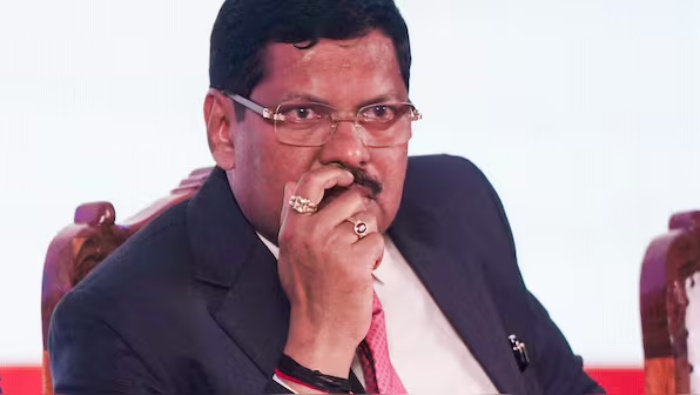


On the 6th of October 2025, a 71-year-old lawyer, Rakesh Kishor, attempted to hurl a shoe at the Chief Justice of India, BR Gavai, while the court was in session. Kishor was distressed after a few days ago, BR Gavai had mocked a Hindu petitioner who had approached the court to facilitate the restoration of a beheaded Lord Vishnu idol. Dismissing the petition and asking the petitioner to approach the ASI instead, Justice Gavai exceeded his brief and mocked the petitioner, asking him to pray to Lord Vishnu instead of approaching the court.
The Delhi Police questioned 71-year-old advocate Rakesh Kishore for nearly three hours after he allegedly attempted to hurl a shoe at Chief Justice of India (CJI) B.R. Gavai inside the Supreme Court. Kishore was later allowed to leave after the Supreme Court’s Registrar General refused to file a formal complaint in the matter.
Reportedly, the Supreme Court at the behest of CJI Gavai refused to press charges against the advocate.
Of course, this was charted by many as the largesse of the heart on the part of CJI Gavai. His statement right after the attack also framed the issue as such. After the advocate attempted to hurl a shoe at Gavai, he reportedly said in court, “Don’t get distracted by all this. We are not distracted. These things do not affect me.”
The aim was to, obviously, impress upon the country that Gavai was only interested in dispensing justice and was above the outrage of the earthlings he presides upon. The aim was also to communicate how he was a man with a large heart who had the capacity to forgive even those who trespass against him.
But was it the largesse of his heart that drove him to forgive the “sinner”? Or was it something else? Something deeper?
To understand the possible motivation, we have to first understand how this case would play out had CJI Gavai pressed charges against Advocate Rakesh Kishor.
Once the FIR would have been filed, the police would have arrested Kishor and he would have been produced before the court. He would have then been sent to either police or judicial custody. His lawyers would have applied for bail and during the hearing, the lawyer would have argued that he was hurt by the comments of CJI Gavai and his religious sentiments drove him to take this retaliatory action. Thereafter, the case would have proceeded to higher courts where the lawyer would have cited how the Supreme Court itself had cautioned judges against making untoward statements during court hearings and in one of those instances, CJI Gavai was a part of the bench.
The hearing of this case itself would have opened a Pandora’s box where not only the double standards displayed by CJI Gavai, but the judicial system when it comes to whimsical interpretation of their own orders would have been discussed threadbare.
The Supreme Court has in the past taken judicial notice of ‘off the cuff’ remarks in a petition filed by the Election Commission against some oral observations made by a Judge of the Madras High Court in Election Commission of India v. M.R. Vijayabhaskar, (2021) 9 SCC 770. The Court clarified that oral remarks are not a part of the official record and do not express any formal opinion and hence, cannot be expunged. The Court has highlighted that mostly such oral observations are elicitation-oriented.
However, the Court relayed some apprehension about an increasing trend of Judges making caustic observations against litigants during hearings. The Supreme Court highlighted that “We must emphasize the need for Judges to exercise caution in off-the-cuff remarks in open court, which may be susceptible to misrepresentation”. The case of the Election Commission was that in the context of the Covid-19 pandemic, the oral observations of the Judge of the Madras High Court of a “murder charge” was incorrect. The Supreme Court observed, in this context, that the remarks of the High Court were “harsh” and that the metaphor was “inappropriate”.
Further, Almost exactly a year ago, on the 25th of September 2024, a Supreme Court bench passed a seminal order. The Bench said, “Casual observations may well reflect a certain degree of individual bias, particularly when they are likely to be perceived as being directed against a particular gender or community. Courts therefore have to be careful not to make comments in the course of judicial proceedings which may be construed as being misogynistic or prejudicial to any segment of our society.” The bench made these observations because a judge of the Karnataka High Court had called a Muslim dominant area of Bangalore, Pakistan. Interestingly, Justice BR Gavai was a part of the 5 judge bench which delivered this order.
Had advocate Rakesh Kishor’s case been argued in the court, all of this, and far more would have been discussed on an open forum. CJI Gavai would have been questioned as to why he chose to ignore precedent set by the Supreme Court itself which cautions judges not to make off the cuff remarks during hearings. CJI Gavai would have been questioned that what were the circumstances which made him defy his own order in the 2024 case, where he had asked judges to ensure their statements don’t hurt communities? The judicial system would have been questioned about what gives them the right to be whimsical, even if they have the right to be discretionary.
CJI Gavai did not forgive the ‘sinner’ because of the largesse of his heart. He forgave him because it would lead to the Streisand effect. Simply put, The Streisand effect describes a situation where an attempt to hide, remove, or censor information results in the unintended consequence of the effort instead increasing public awareness of the information.
In this case, an attempt to shut down the angst displayed by advocate Rakesh Kishor would only lead to more awareness not only about how whimsical the judiciary can be but also the double standards adopted by CJI Gavai himself when dealing with Muslim petitioners in the 2024 case and a Hindu petitioner now.
The Streisand effect is also the very reason why, presumably, no commentator was hauled up for contempt after the infamous observations made by Justice Suryakant and Justice Pardiwala in the Nupur Sharma case. It would drive a larger conversation in the country about how some Judges often deal harshly with Hindu petitioners and shield the misadventures of non-Hindus, often putting disproportionate responsibility of tolerance on the Hindu community, even when they are the ones being victimised.
In the daily news cycle of tweets and reactions, it is incumbent upon the Court to function as an institution in a fearless and fair manner. While the Court does function in a discretionary manner on the writ side, it cannot function in a whimsical manner. The criminal justice system can appropriately deal with the loose tongues of the common people, politicians or media personalities. However, some other loose tongues remain immune.






